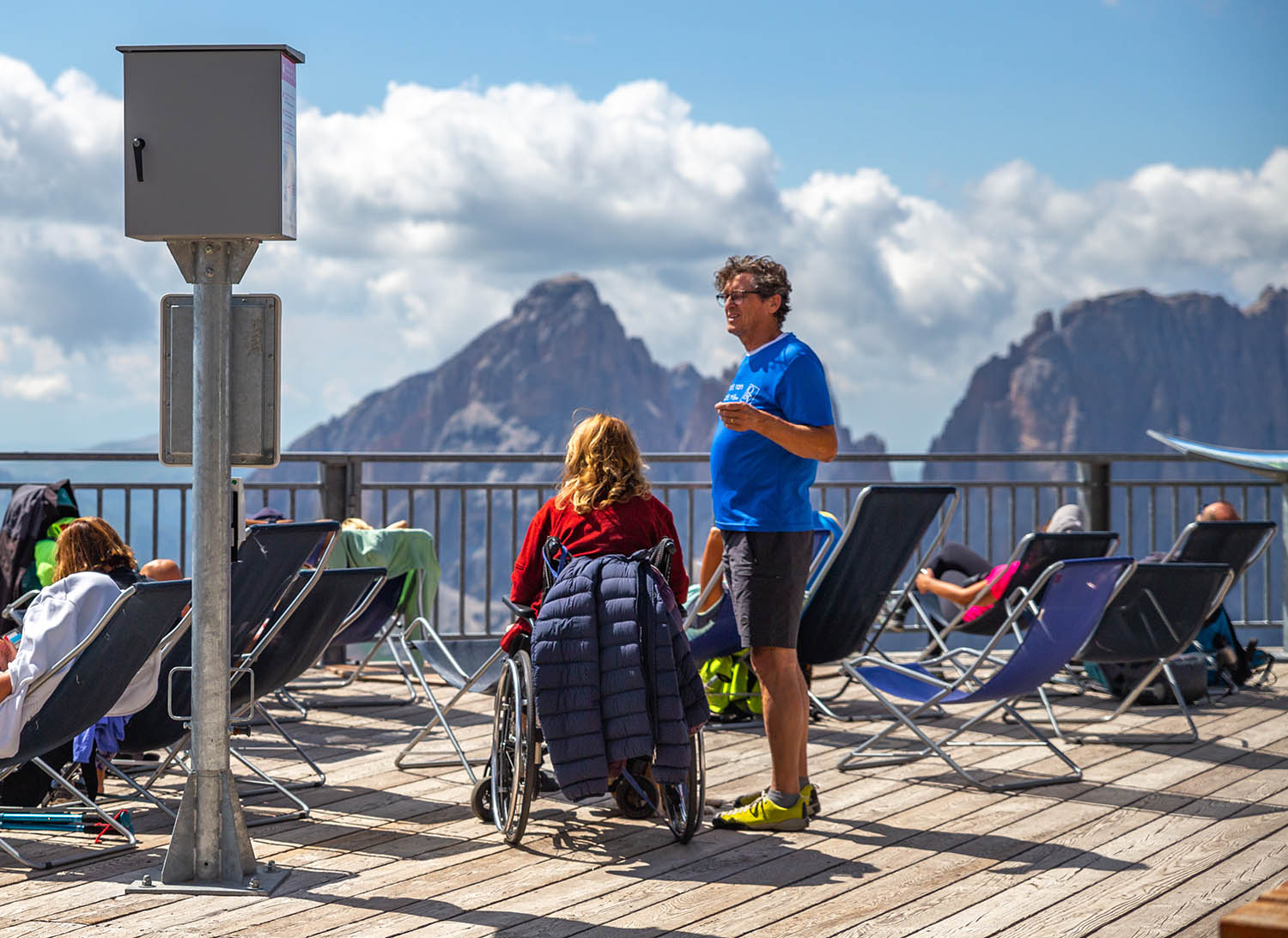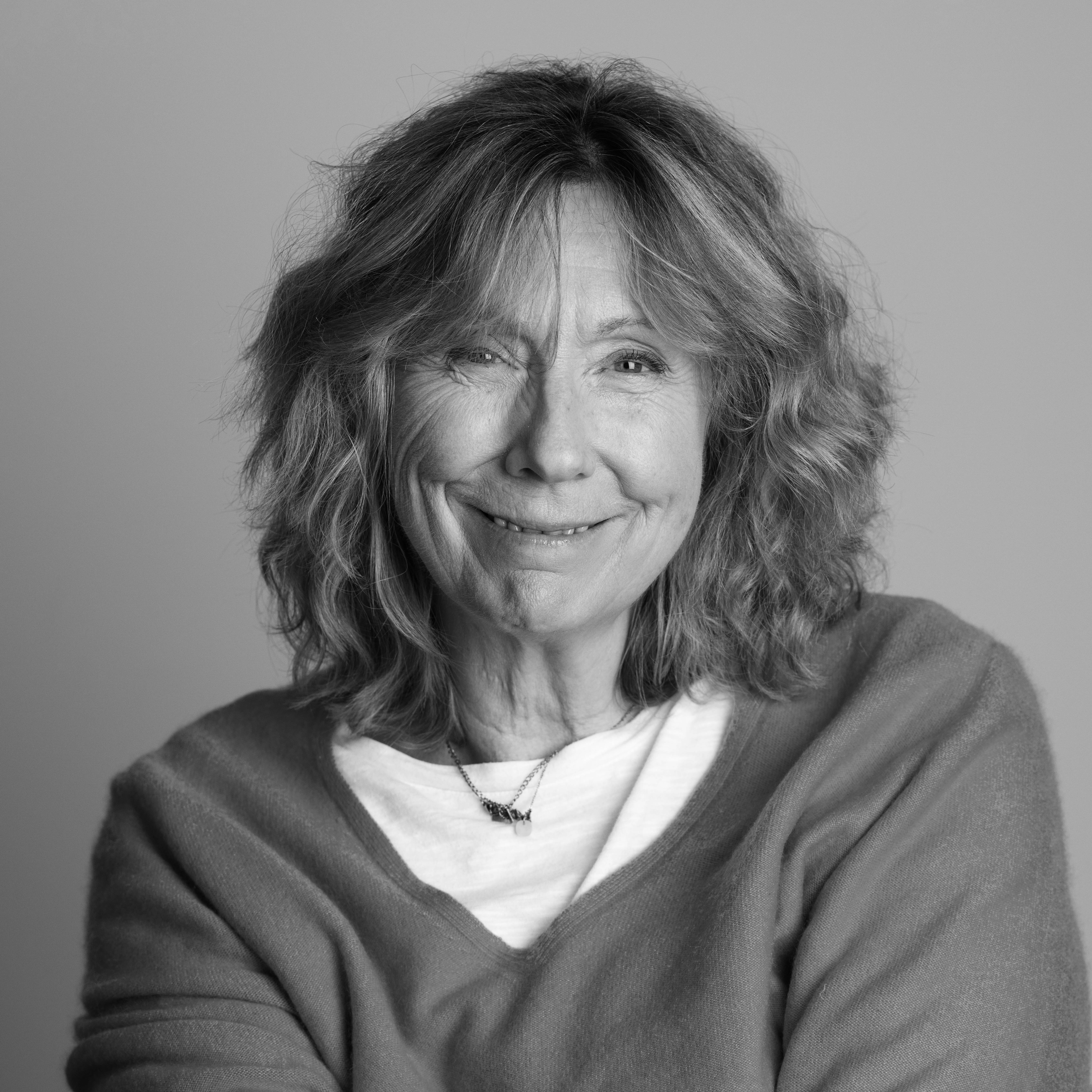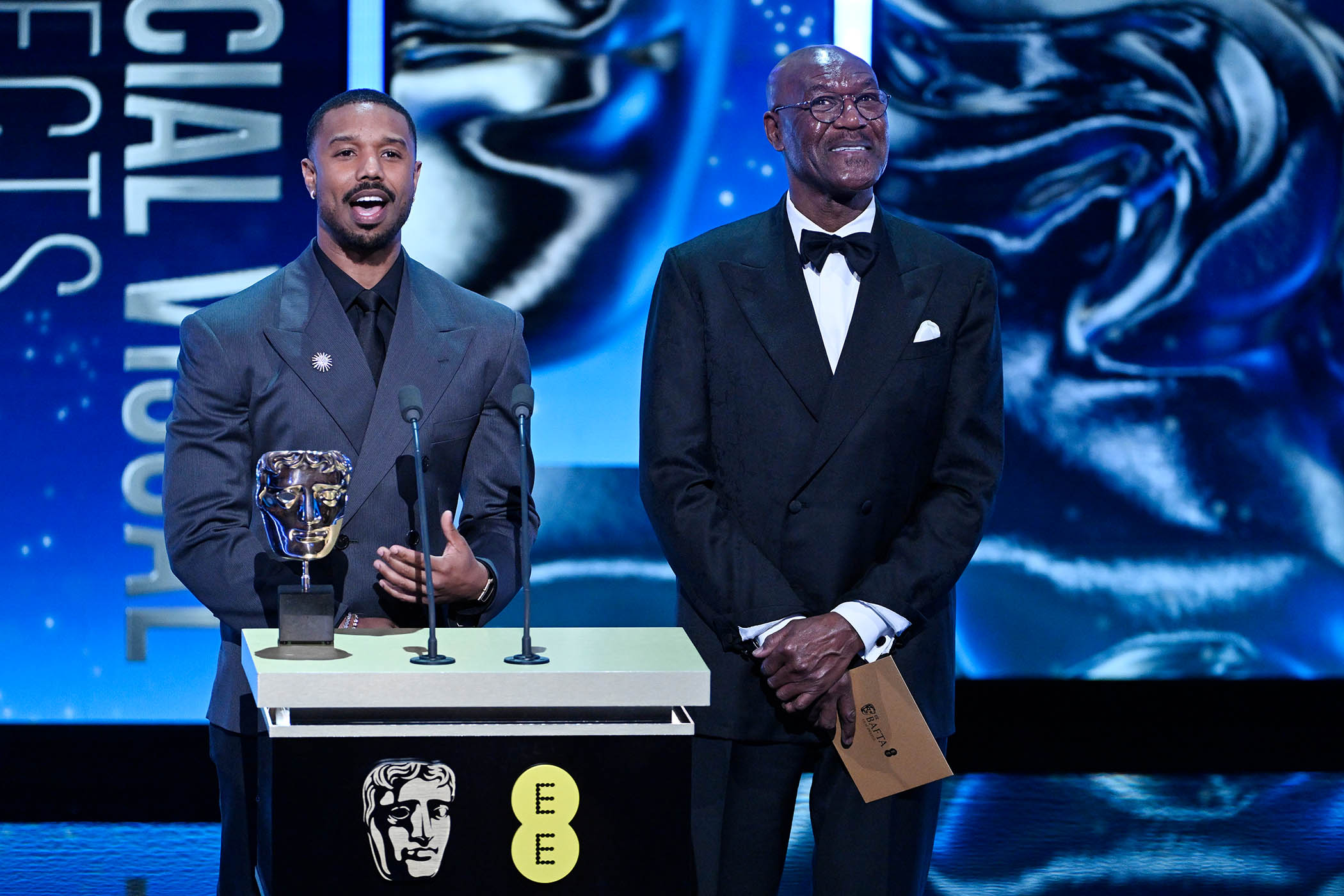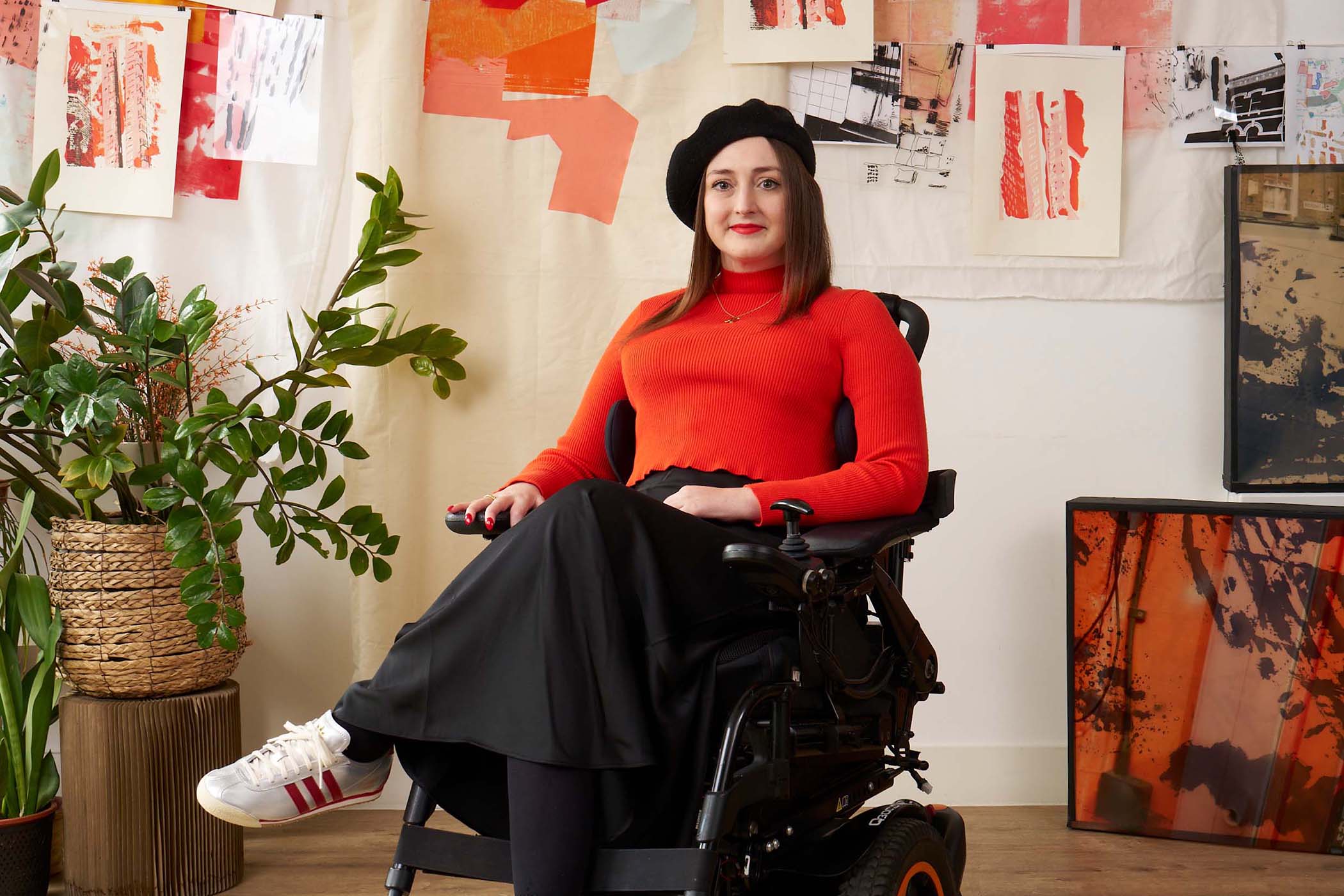The Frenchwoman in the Alpine ticket office had perfected the art of the eye-roll. When we asked for a disabled ticket, she peered down through her window at me, undisguised in her cynicism.
Unconvinced by my wheelchair, she demanded disabled ID (the French have a CMI, Carte Mobilité Inclusion). In the absence of any UK equivalent, I gave her my driver’s blue badge. She was dismissive. “This is for parking, it’s not ID.” She was so spectacularly rude, in that priceless Gallic way, that I began to find it all very funny. I cheerfully offered to show her my catheter and urine bag. She shrugged, rolled her eyes again, sold us the concession tickets, sent us to the front of the long queue.
In the cable car up the mountain, as my loved ones fulminated, I was still chortling. I told them to get over it, because I gave up being angry years ago. It’s exhausting. And it’s boring. Besides, I can see both sides of a situation, sometimes with annoying clarity. I’d never cut it as an activist.
From a disabled person’s point of view, of course it is deeply offensive to be questioned or doubted about their condition. As if life isn’t hard enough for us, we face the injustice of an able-bodied world picking on us, asking us to prove our right to join in. That ever-present threat of a more sinister society does lurk.
But sometimes situations are just darkly amusing. And understandable, if not excusable. Look at it from the other point of view, from that of a hustling, overcrowded, healthy world. Some front-line businesses are, like the cable car company, defensively cynical about disability. It costs them time and money. The general public are enviously cynical. They don’t see the hardship, only the perceived perks. A “free” car. Parking spaces. Benefits. Cheap tickets.
I cheerfully offered to show her my catheter and urine bag. She rolled her eyes again
I cheerfully offered to show her my catheter and urine bag. She rolled her eyes again
And exploiters exist, always ready to destroy the trust everything hinges upon. It is a fact, publicly unacknowledged because the debate around disability is very polite (just not in France), that a small minority of opportunists try to game every system devised.
So a few shameless individuals will say they need wheelchairs when they really don’t in order to jump queues. Others will exaggerate to seek priority treatment, or a concession seat at a concert, with a carer’s seat free alongside.
I try not to be judgy. In my time in a chair, though, I’ve witnessed people taking advantage (and no, I’m not talking about invisible conditions). I’ve seen passengers get special assistance to board planes and trains and then spring up, sprightly as can be, at the other end; I’ve seen people misuse blue badges belonging to family members; I’ve been told by insiders that the reason I can’t get accessible seats at a concert is that such concessions are abused.
Plus, we must factor in perception and attitude. Some people who aren’t severely disabled nevertheless believe themselves to be. And vice versa. I know a blind man who scoffs at disability rights and a woman who’d survived a broken neck with only wonky handwriting but believed her life was ruined. It took time, but I learned not to judge such individuals, just as I have learned not to judge the overweight, or women who for cultural reasons use special assistance. They believe they need it. Not everyone is as resilient as society would like them to be. In this sense, disability is less function, more psychology.
So they’re complicated, these real-world interactions involving distinction, one human compared against another. In the absence of an ideal world, systems set up to help disabled people remain crude measures. We can’t legislate against eye-rolls. Nor, I hope, would we want to.
Newsletters
Choose the newsletters you want to receive
View more
For information about how The Observer protects your data, read our Privacy Policy
Photograph by Getty Images



